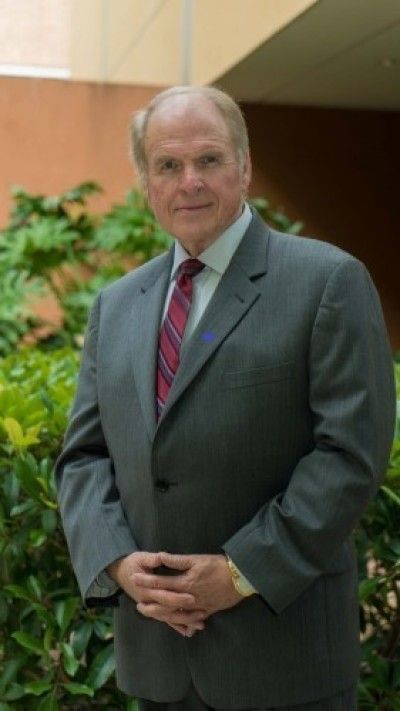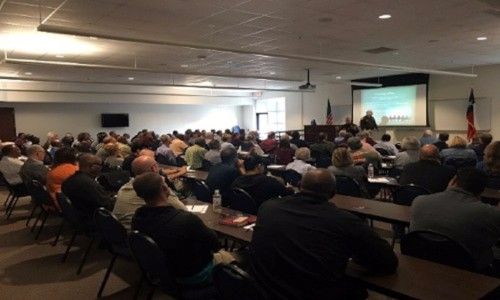
Those eager to shrink or even eliminate police departments in their cities could learn much from the mutineers who, in 1789 revolted against Captain William Bligh and took over his ship, the Bounty.
Wandering through the vast South Pacific they came finally to a deserted island, Pitcairn. The mutineers brought along Tahitian women they had kidnapped or bargained for along the way and determined to make for themselves a paradise.
Instead, “the next five years became a nightmare for the small colony,” wrote Vance Ferrell, in his little history of the events. Several of the men “had always been heavy drinkers.” Once they had exhausted the alcoholic leftovers from the ship, they began to experiment with ways to brew their own booze and search for other intoxicants.
They found a source in the “tee tree.” The men were drunk all the time and terrorized everyone around them. Murder, suicide, rape, fights, theft, brutality took over the little community.
It was a “world” fallen deeply into the tohu-bohu chaos condition mentioned in Genesis 1:1-2 — structureless and barren spiritually, morally, and relationally.
Yet eventually the Pitcairn colony became an example of a reformed society that knew peace, tranquility, security, and abundance.
And they did it without a police force.
In his book, Ferrell tells how it happened. He titles a chapter, “Paradise Begins.” Fletcher Christian, the leader of the mutineers, was rummaging one day through his sea chest when he discovered a Bible his mother had placed there years earlier. Christian and another mutineer, John Adams (also known as Alexander Smith) began reading it.
Fletcher Christian died, but Adams kept reading and pondering.
One night, he said, “I had a dream that changed my life.” An angel appeared in the night vision and began to warn Adams of the consequences of his old lifestyle. “Then he called me to repent,” and “train the children in the way of Christian’s Bible.”
When he awoke, Adams “felt he had been in the presence of God,” wrote Ferrell. Adams immediately fell to his knees asking God’s forgiveness and seeking His help. Adams left that experience personally transformed and driven by a new “sense of mission.”
Not only would John Adams be a transformed man, but he would lead the Pitcairn community to God. He began to teach the twenty-three children and youth what he learned from the Bible. The eleven women “were so thankful for the change in lifestyle... that they gave no opposition,” Ferrell wrote.
In addition to no more drunkenness and violence, there were important character changes that transformed the Pitcairn community, making it a place of “goodness, peace, and Spirit-given joy.” (Romans 14:17)
Those who today seek to rid their communities of police can succeed in sustaining a society without law enforcement by understanding and applying the five secrets of Pitcairn.
First, there must be a “church” in the midst of the society convinced that the Bible is God’s revealed, authoritative Word, and committed to teaching it. In essence, that is what John Adams’ Bible-study groups became.
Every worldview tries to answer the ultimate questions, and, without knowing it, Adams was forming a Judeo-Christian worldview in the youths who would inherit the future.
Today, scholars of civilization like Niall Ferguson, Christopher Dawson, Will and Ariel Durant, Russell Kirk, and others recognize the importance of a “church” forming the narrative that shapes entire societies.
Second, if a community is to live safely without a police force there must be a widespread understanding and acceptance of God’s transcendence and its implications. This is the recognition that God as revealed in the Scriptures is Lord of all, and that all are accountable to Him.
This is also the recognition that the “dominion” the Lord has given humanity over creation is a stewardship entrusted to humans for its care, not a bauble for men and women to abuse and toss aside. The same God who grants this mandate of care expects an accounting for the way people use their Spirit-given gifts to bless the world.
Third, individuals must face the stark reality of sin as a radical, destructive departure from God’s revealed ways, and the fact that all humans are born with a sin nature. Without that humbling acknowledgement men and women succumb to ...

